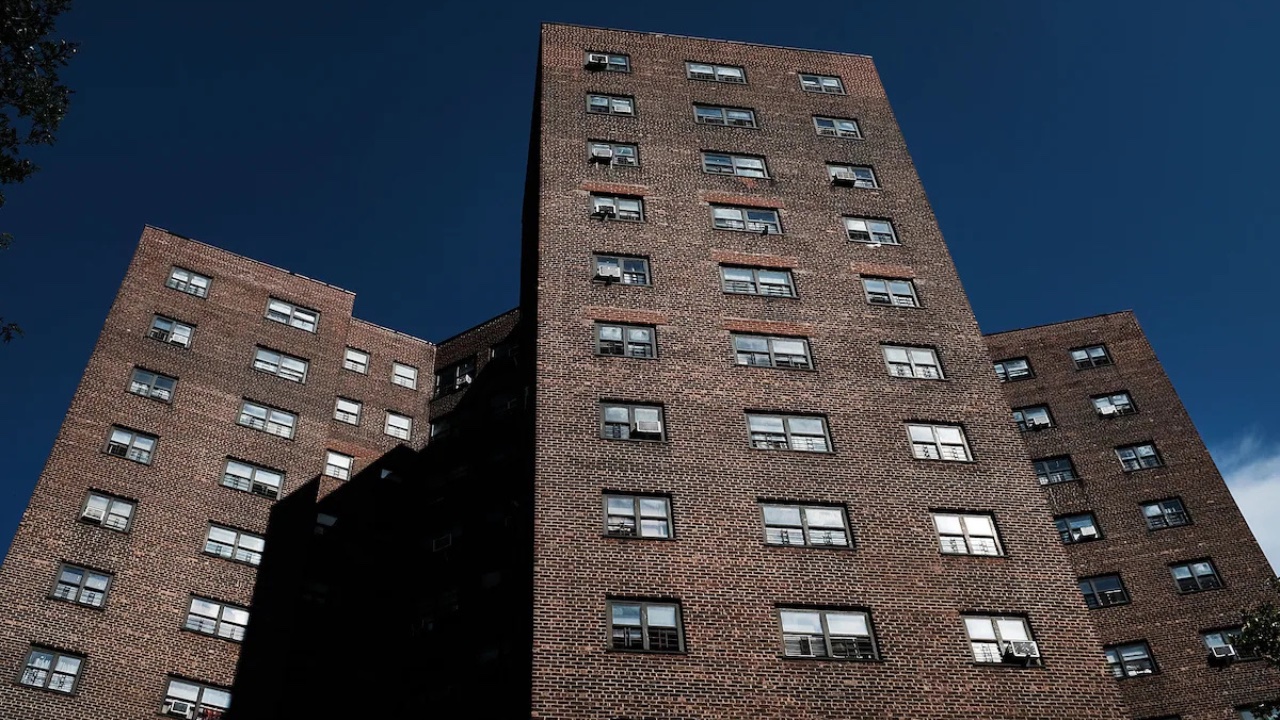Proposed cuts to housing programs could affect millions

Experts are warning that President Donald Trump’s proposal to slash roughly 43% of funding for federal housing programs, like Section 8 vouchers, could have devastating effects for millions of Americans, as the country already faces a housing supply and affordability crisis.
The White House’s “skinny budget” proposal, released Friday, calls for $26.7 billion in cuts to Section 8 and other housing assistance programs. A new grant, called the State Rental Assistance Block Grant, would reallocate the remaining funds for these programs to states to develop their own initiatives.
“The Budget empowers States by transforming the current Federal dysfunctional rental assistance programs into a State-based formula grant which would allow States to design their own rental assistance programs based on their unique needs and preferences,” the proposal reads.
The cuts would affect tenant-based and project-based rental assistance programs, as well as public housing, housing for the elderly and housing for people with disabilities. The proposal also would shift more of a share of responsibility to states, though housing experts were doubtful that smaller governments would have either the capacity to or a vested interest in making up the difference.
The White House’s proposed budget reductions will not necessarily come to be; Congress has the power to reject Trump’s requests and has done so in the past. But the proposal signals the administration’s priorities heading into the next fiscal year.
The cuts to federal housing programs would affect about 3.8 million people and worsen the country’s housing crisis, said Eric Oberdorfer, director of policy and legislative affairs at the National Association of Housing and Redevelopment Officials, a professional membership organization and advocacy group. “We are obviously in a significant housing affordability and supply crisis right now, and now is the time to support affordable housing programs,” he said. “Devastating cuts like those proposed in the budget [for] public housing or to Section 8 would directly hurt families, communities and local economies.”
In a statement to The Washington Post, a spokesperson for the Office of Management and Budget said the proposed cuts will “fix our broken federal housing policy and ensure that assistance goes to those who need it most.”
Department of Housing and Urban Development spokesperson Kasey Lovett said HUD Secretary Scott Turner is working to address the homelessness crisis in ways that go beyond funding, such as by “bringing together leaders from the faith community and facilitating public-private partnerships to hear from leaders who are doing the work and have proven, measurable results.”
The proposed rental assistance cuts were rolled out Friday as part of the administration’s 2026 budget request , which calls for $163 billion in cuts to non-defense discretionary federal spending in the next fiscal year. The reductions affect environmental, education, foreign aid and health-care programs, many of which the Trump administration already has targeted for decreases.
For fiscal 2025, President Joe Biden requested $72.6 billion for HUD — roughly the same amount as the previous year. HUD noted in its briefing on that request that the country has been experiencing a housing affordability crisis for decades. From January 2023 until January 2024, homelessness surged by 18% to the highest level on record, driven in part by increasing rent costs and a lack of affordable housing, according to the agency.
Federal rental assistance programs help roughly 10 million people afford housing, according to the Center on Budget and Policy Priorities. Of that, 2 million people receive Section 8 Project-Based Rental Assistance, according to the center.
Katie Fallon, a principal policy associate at the Urban Institute, said the planned cuts could exacerbate a housing situation that is already grim for millions and is likely to affect the number of new affordable housing units available.
“We’ve just seen housing cost burden go up in the last few years. We’ve seen evictions go up. We’re losing affordable units, year over year,” she said. “The idea that these cuts are coming for those programs and hindering their ability to support folks in stable, safe housing is just pretty heartbreaking.”
Reallocating funds through the new State Rental Assistance Block Grant might also create implementation challenges for states, Fallon said.
The White House’s budget proposal also would institute a two-year cap on rental assistance for able-bodied adults to “ensure a majority of rental assistance funding through States would go to the elderly and disabled.”
Will Fischer, senior fellow and director of housing policy at the Center on Budget and Policy Priorities, said the proposed policy “doesn’t make any sense.”
“There are going to be lots of folks who continue to need help to pay the rent, and if this policy arbitrarily cuts off their assistance after two years, a lot of those people will not be able to pay the rent,” Fischer said. “They’ll fall behind, they’ll be at risk of eviction.”
Sonya Acosta, a senior policy analyst at the center, accused the White House of prioritizing some communities in need of assistance over others.
“We strongly believe that these programs should serve everyone who is eligible and not decide who is more worthy of assistance, but really look at who gets assistance based on who needs it the most,” Acosta said. “The idea of prioritizing some groups over others really undermines the goal of making sure that everybody in our country has a safe, affordable place to live.”
